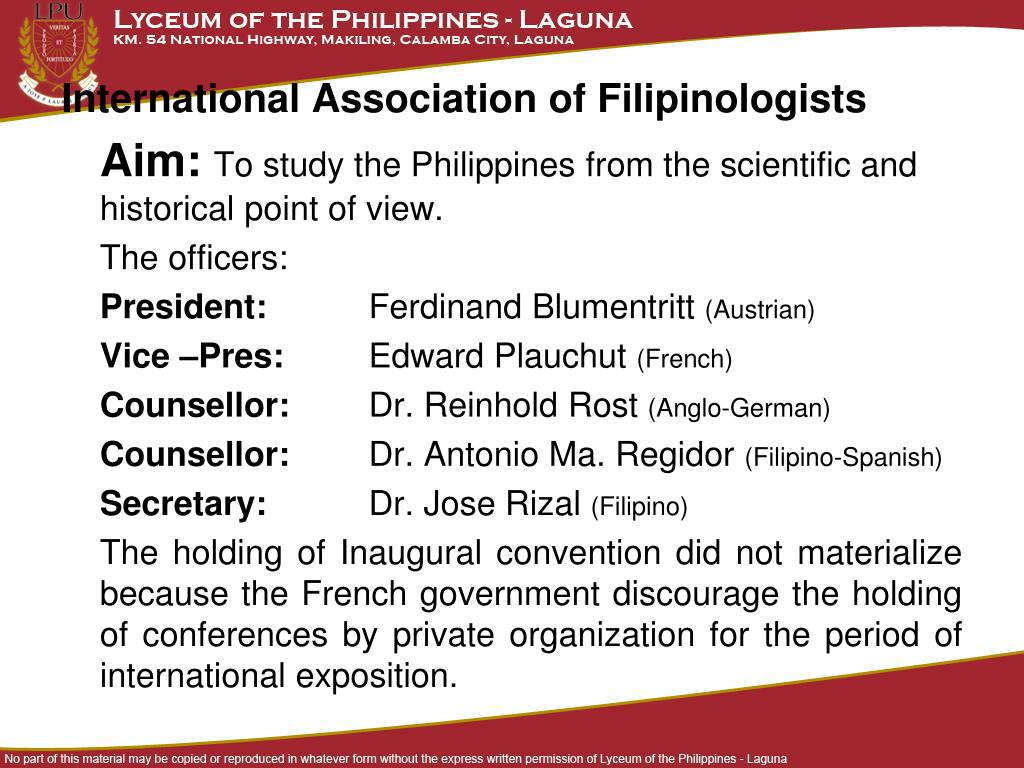

The unit of government of the indigenous Filipinos was the barangay, which was a family-based community of 30 to 100 families, occupying a pook (“locality” or “area”) Headed by a chieftain called a datu who exercised all functions of government-executive, legislative, and judicial-a barangay was not only a political but also a social and economic organization. In the exercise of his judicial authority, the datu acted as a judge (hukom) in settling disputes and deciding cases in his barangay. There were no judges and lawyers who were trained formally in the law, although there were elders who devoted time to the study of the customs, usages and traditions of their tribes to qualify them as consultants or advisers on these matters.

These laws were believed to be God-given and were orally transmitted from generation to generation.Ī remarkable feature of these customs and traditions was that they were found to be very similar to one another notwithstanding that they were observed in widely dispersed islands of the archipelago. Mainly, the laws enforced were derived from customs, usages and tradition. When the Spanish colonizers first arrived in the Philippine archipelago, they found the indigenous Filipinos without any written laws. The Judicial System of the Pre-Spanish Filipinos These audiencias, however, serve as backdrops and proper perspectives in retelling the history of the present Supreme Court.

There is no umbilical cord joining the Supreme Court to the Real Audiencia de Manila set up by the Spaniards or the Audiencia Territorial de Manila constituted by Major General Elwell Otis. 136 of the Philippine Commission on June 11, 1901. The Supreme Court of the Philippines is the progeny of the tribunal established by Act No. A CONSTITUTIONAL History of the Supreme Court OF THE PHILIPPINES


 0 kommentar(er)
0 kommentar(er)
